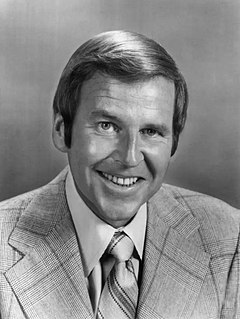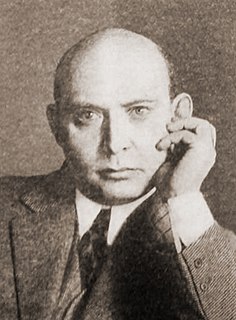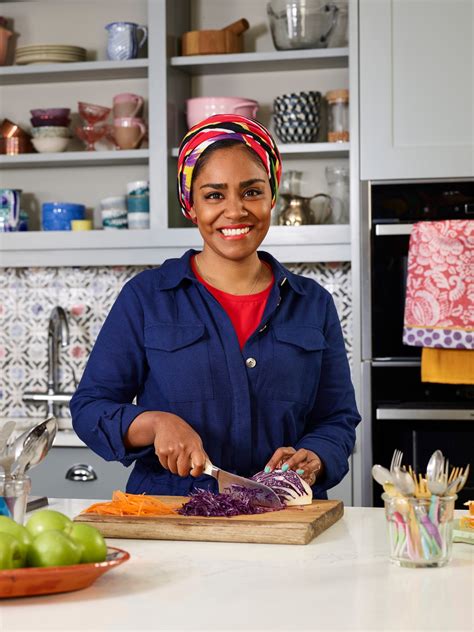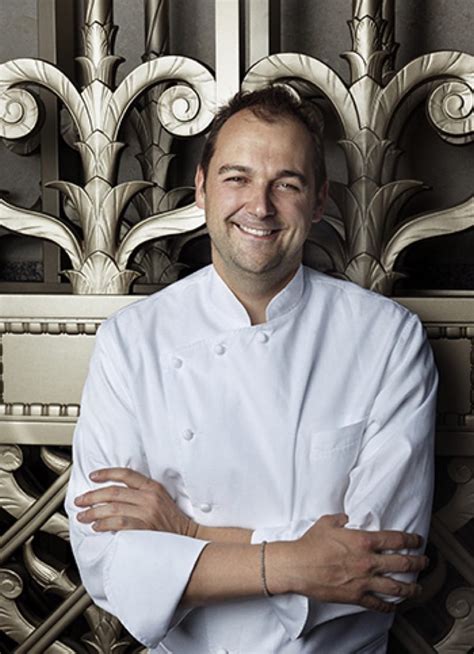A Quote by Paul Lynde
The dining room in my old house was truly magnificent, but by far the worst room for conversation. I'd get up from the table, a very long table, and somebody would always say, Paul, I never got to talk to you.
Related Quotes
I have this table in my new house. They put this table in without asking. It was some weird nouveau riche marble table, and I hated it. But it was literally so heavy that it took a crane to move it. We would try to set up different things around it, but it never really worked. I realized that table was my ego. No matter what you put around it, under it, no matter who photographed it, the douchebaggery would always come through.

































